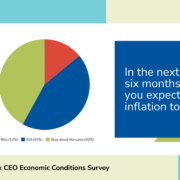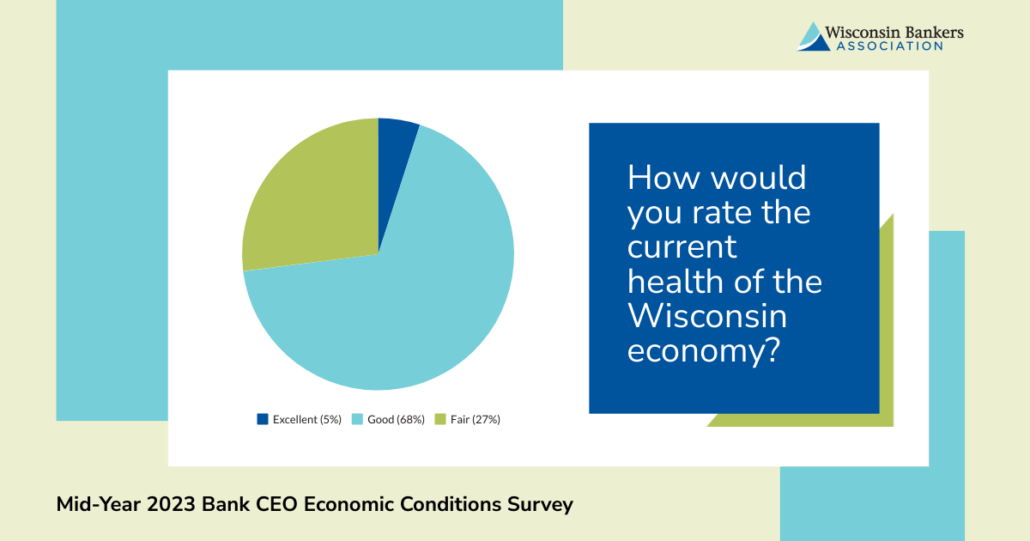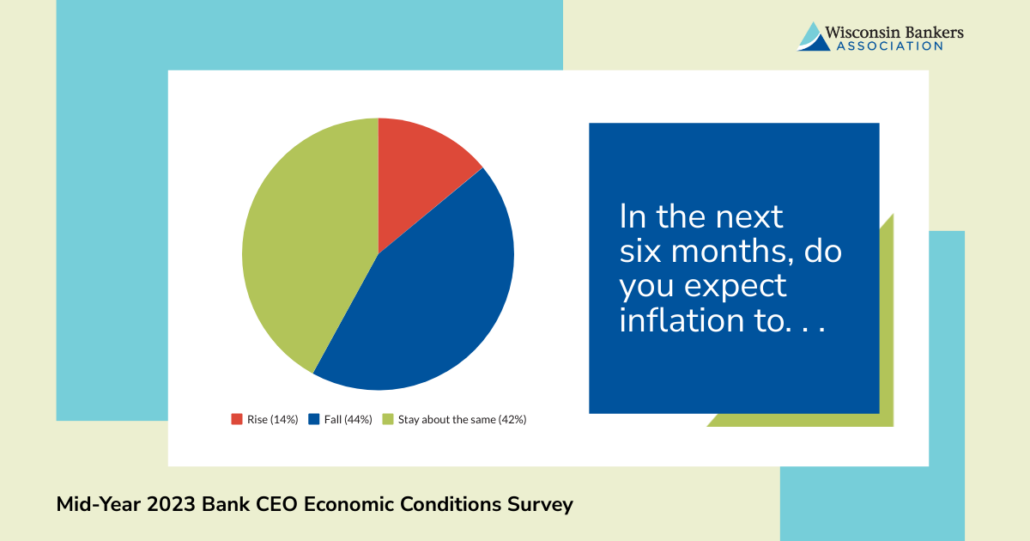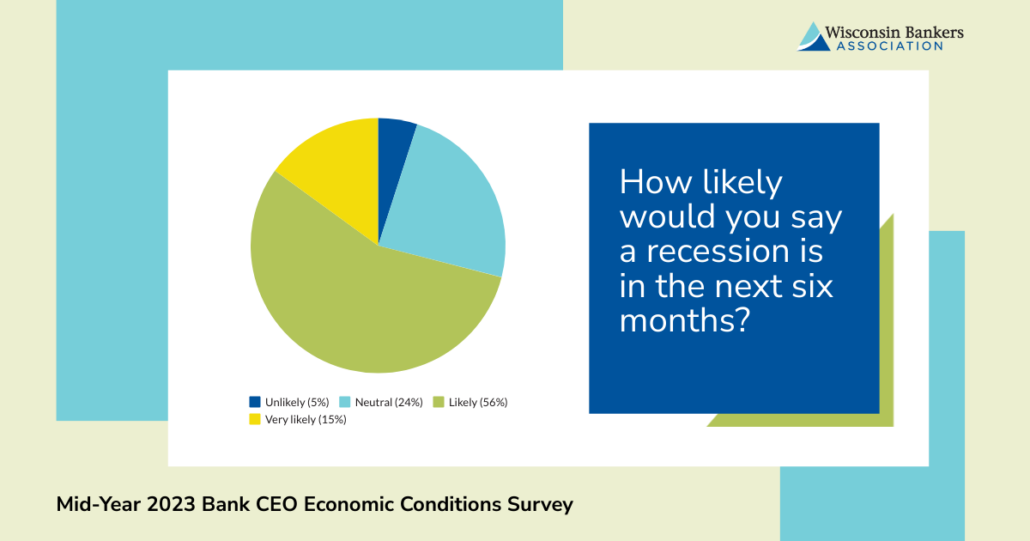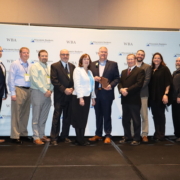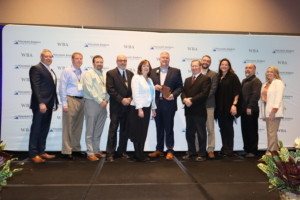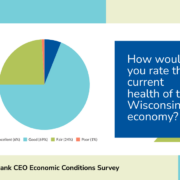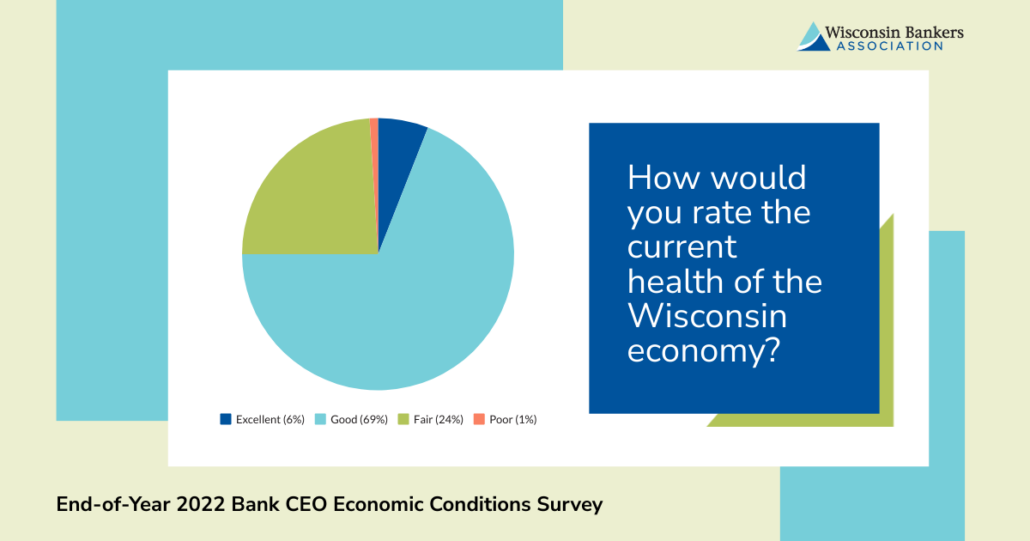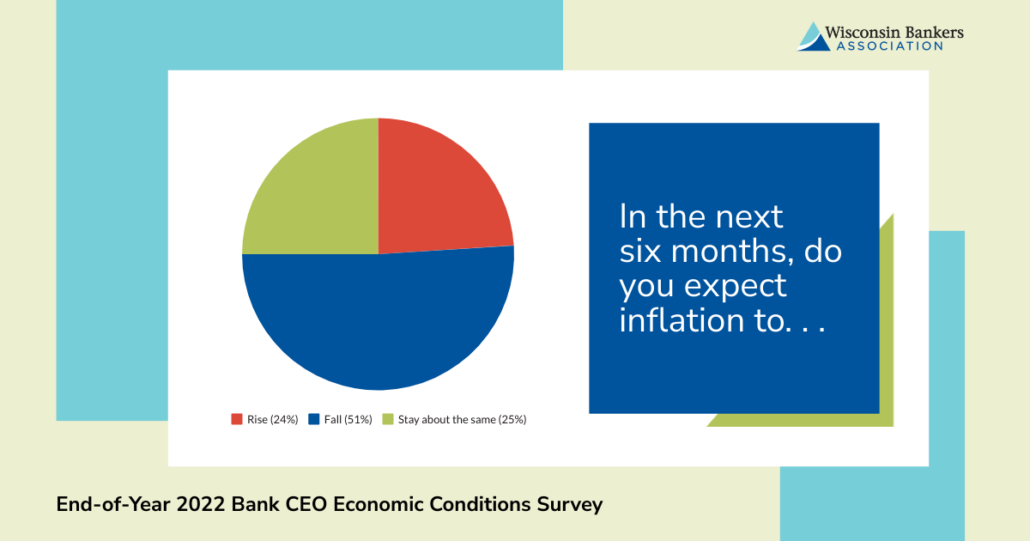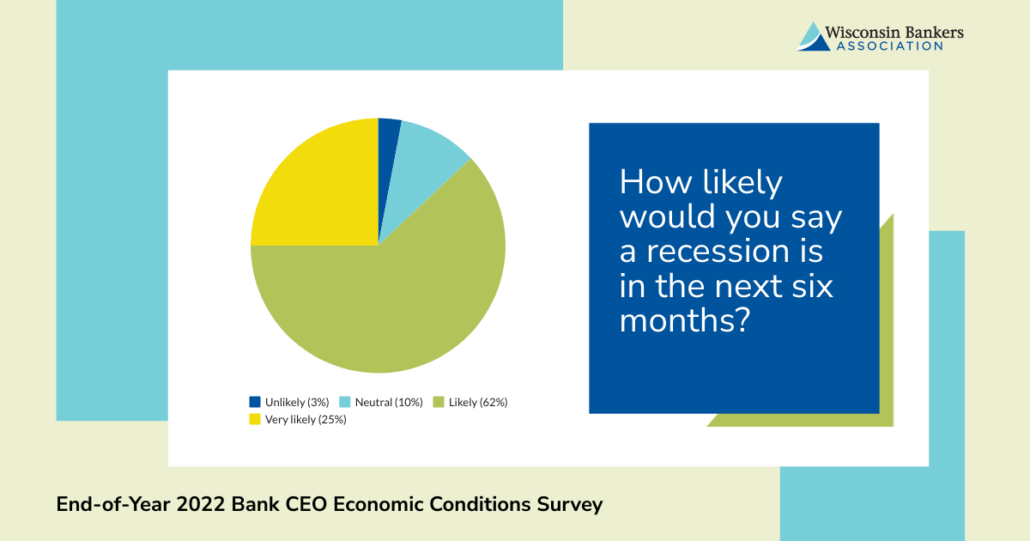Donna J. Hoppenjan, president and CEO of Mound City Bank, has been elected to serve as the 2023–2024 Board chair of the Wisconsin Bankers Association (WBA).
The Wisconsin Bankers Association is the state’s largest financial industry trade association, representing more than 200 commercial banks and savings institutions, their branches, and over 30,000 employees.
“We are delighted to announce Donna as chair of the WBA Board,” said Rose Oswald Poels, WBA president and CEO. “Her appointment is not only a testament to her individual accomplishments but also a testament to her ability to advance our mission, foster collaboration, and drive innovation in the banking industry. We look forward to working together to make a positive impact on the lives of our customers and communities.”
Hoppenjan has over 46 years of experience at Mound City Bank and is an alumna of the Graduate School of Banking (GSB) at the University of Wisconsin-Madison. Her community involvement includes serving on the Platteville Regional Chamber of Commerce Ambassador Committee, on the board of a local church, and on the board of Southwest Health.
Also serving as officers on the WBA Board are: Chair-Elect Al Araque, SVP, director of consumer, private and small business banking, Johnson Financial Group, Racine; Vice Chair Paul Northway, president and CEO, American National Bank – Fox Cities, Appleton; and Past Chair Dan Peterson, president and CEO, The Stephenson National Bank & Trust, Marinette.
Joining the Board for three-year terms are Kelly Heroux, president and CEO, Peshtigo National Bank; Shay Horton, president and CEO, Cumberland Federal Bank; Anthony Nguyen, Minnesota/Wisconsin/Chicago regional bank director, SVP, Wells Fargo Bank, N.A., Milwaukee; and Bill Sennholz, CEO, Forward Bank, Marshfield.
Those continuing their terms on the Board are: Paul Hoffmann, president, Lake Ridge Bank, Middleton; Jay Mack, president and CEO, Town Bank, N.A., Hartland; Ryan Kamphuis, president and CEO, Bristol Morgan Bank, Oakfield; Greg Lundberg, president and CEO, Fortifi Bank, Berlin; Tom Mews, president, First National Community Bank, New Richmond; Greg Ogren, president and CEO, Security Bank Shares, Inc., Iron River; Joe Peikert, president and CEO, Wolf River Community Bank, Hortonville; and Dan Ravenscroft, president and CEO, Royal Bank, Elroy.
Board members who completed their terms in 2022–2023 are Jim Chatterton, president and CEO, National Exchange Bank & Trust, Fond du Lac; Jenny Provancher, CEO, The Equitable Bank, S.S.B., Wauwatosa; Terry Rosengarten, president and COO, Unity Bank, Augusta; and Ken Thompson, CEO, Capitol Bank, Madison.


